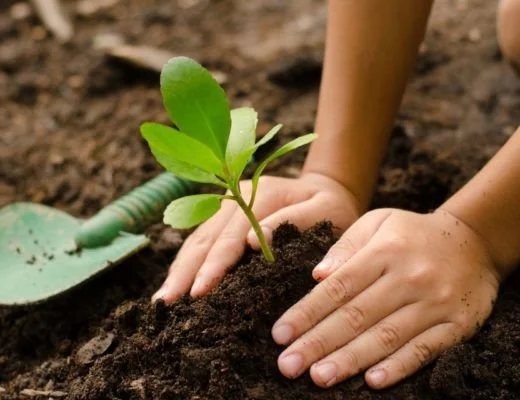We’re a small independent property of just 4 villas, in the Jabon hills next to a traditional local village.
Our history in the area goes back 15 years when we first fell in love with the views but also the slow pace of life here. Things move slowly here and thats ok by us.
The aim behind DUNIA was create jobs for the local community and an authentic experience for customers. An experience which is in tune with nature and the community, not separate.
Being in a standalone location has it perks but speed is not one of them. Everything here takes time, so we need advanced notice of even the most simple requests like a motorbike rental.
We’ve hired from the local village in keeping with local customs, so English levels are low, the team is young and we’re constantly training. We’re slowly rolling out new services and expanding our menus but its a simple self-contained customer experience at the moment.
We’ve built in a way which minimizes electricity and water consumption'; landscaped in a way that blends the villas into the hillside and operating in a way that reduces our impact wherever possible.
Very conscious of the impact tourism can have on a location, we want to be part of a positive change. One that sets an example for future development to follow.
electricity
Passive solar elements were worked into the design of the villas to reduce electricity consumption from AC units. The main consumption. Suspending, cross ventilating and insulating all help cool the villas naturally which face perpendicular to the solar axis (east-west) and directly into the trade winds (south east).
Water tanks were placed higher than the villas to reduce the need for larger water pumps. The other main consumption. Gas is used for cooking and LEDs for lighting.
Note: all electricity in Indonesia comes from coal fired power stations.
water
Grey water from showers and kitchen is recycled into the gardens. The gardens are landscaped with hardy indigenous species that are drought tolerant and capable of handling the long dry season.
Black water from the toilets is run through a bio-septic tank and slowly filtrates into the ground at depth. This is at very low concentration and produces no odour.
Note: water is the scarcity commodity in South Lombok, especially in the hills. In a survey of the local community, access to fresh water is their #1 priority.
waste
We’re in the process of introducing a waste management system that reuses the organics in locally owned chicken farms, recycles glass and metal in a facility 20mins and burns paper locally.
The problem is plastic. Like most places recycling is cost prohibitive or facilities non-existent so this all ends up in a landfill. We’re trying to everything we can to find a solution working alongside local groups like Plastic Kembali and in the meantime minimizing single use plastics as much as possible.
Note: unsorted and unregulated most waste ends up in landfill or worse is dumped on the side of the road.
CARBON
We’re in the process of introducing a simple tree-planting program offset our carbon footprint and at the same time re-forest our area.
The Jabon hills were once covered in trees, which were cleared for mono culture crops (rice in the wet season, corn in the dry). Bring back the trees and we bring back the birds and the bees. Our goal is to plant 500 trees.
Note: the monsoon climate if not wet enough for rice and the soil is stripped of nutrients by corn. Trees provide shade which is essential for growing anything (in the dry season) and root structure which prevents nutrient rich topsoil from washing away (in the wet season).







